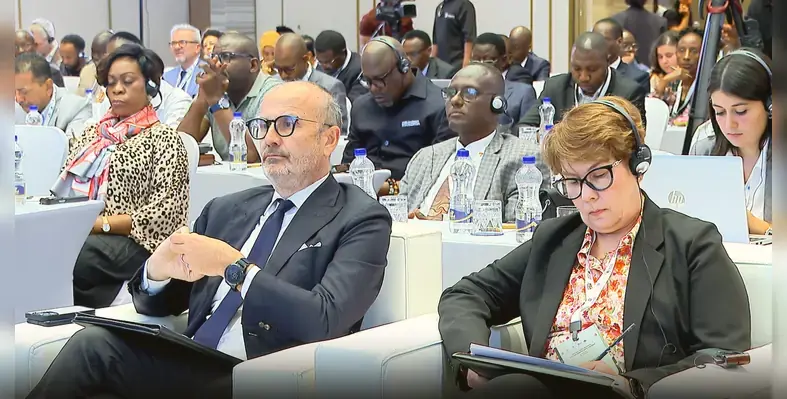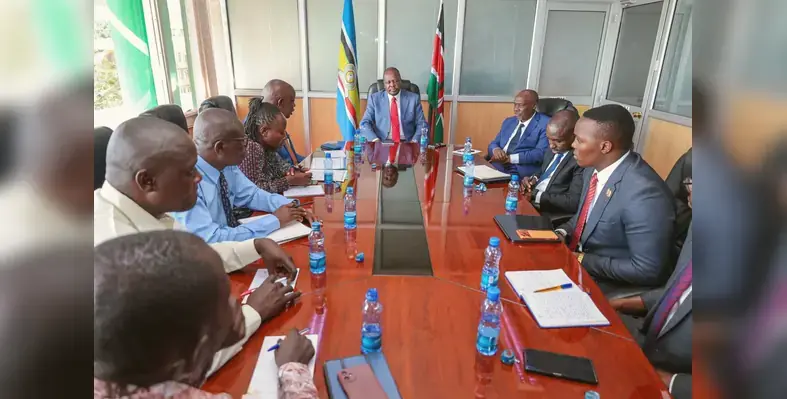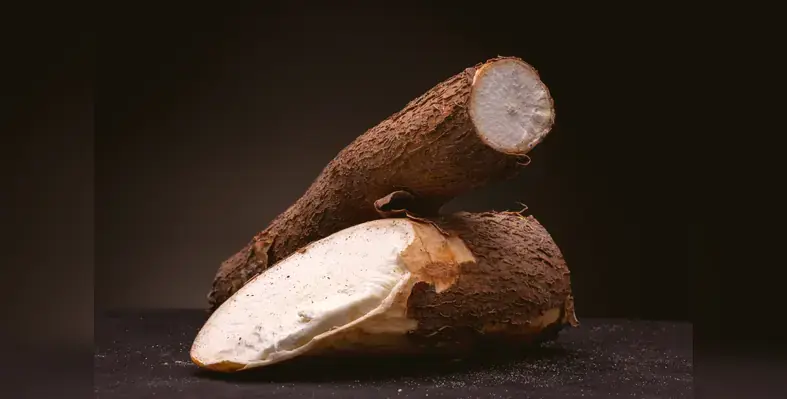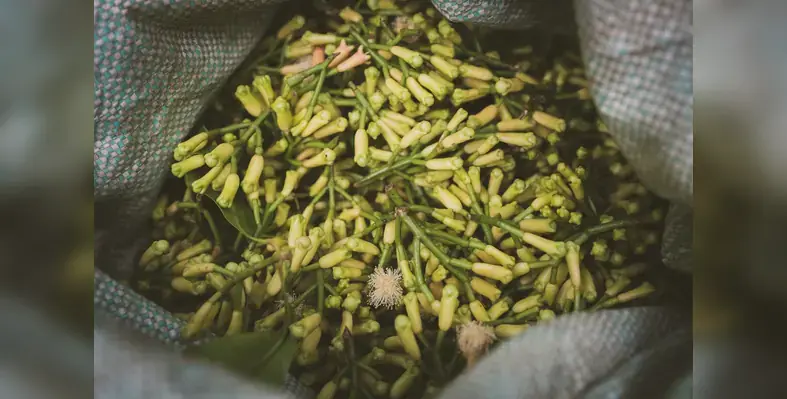
Africa’s role in feeding a changing world
The impact of climate change is no longer a distant warning.
It is part of daily life, shaping the weather we experience, the cost of energy and the food that ends up on our plates. Between 2022 and 2023 alone, climate breakdown added US$490 to the average UK household’s annual food bill. At the same time, the UK imports around US$4bn worth of food from countries already facing severe climate related displacement. Together, these figures point to a clear and uncomfortable reality. Climate change is driving food prices higher while putting global food security under growing strain.
One powerful way to respond lies beyond Europe’s borders. Strengthening agricultural systems in vulnerable regions, particularly across Africa, could play a decisive role in easing pressure on global food markets. Doing so requires tackling long standing structural challenges while speeding up access to modern, transformative technologies. If approached seriously, these efforts could help stabilise food prices, reduce supply chain disruptions and build long term resilience into the global food system.
Across Africa, smallholder farmers sit at the heart of agricultural production. They supply most of the staple crops that feed both rural and urban populations and support millions of livelihoods. Yet despite Sub Saharan Africa holding roughly a quarter of the world’s arable land, the region accounts for only about 10 percent of global agricultural output. This imbalance is not due to a lack of land or effort. The problem lies in productivity.
Historical data paints a stark picture. Between 1961 and 2022, cereal yields in Africa barely doubled, while yields in other regions rose far more sharply. By 2022, the global average cereal yield had reached 4.2 tonnes per hectare, compared with just 1.7 tonnes per hectare across most African countries. Further research shows that between 2008 and 2019, smallholder productivity declined by an average of 3.5 percent per year. These trends reflect a complex mix of pressures that continue to hold farmers back.
Environmental stress is one of the most immediate challenges. Droughts are becoming more frequent and more intense, soils are increasingly degraded and nutrient poor, and moisture shortages limit crop growth. These abiotic stresses are compounded by pests and diseases that steadily erode harvests. In many areas, insecure land tenure discourages farmers from investing in long term soil health or sustainable practices, further weakening resilience.
Beyond environmental conditions, access to technology remains deeply unequal. Many farmers still struggle to obtain quality seeds, fertilisers, pesticides, irrigation systems and modern farming equipment. Without these inputs, even experienced farmers cannot fully realise the potential of their land. Institutional shortcomings add another layer of difficulty. Poor roads and limited storage facilities restrict access to markets and increase post harvest losses. Extension services, especially in rural areas, are often underfunded or overstretched, leaving farmers without reliable training or advice. At the same time, limited access to credit and low investment in agricultural research deprive farmers of the financial and scientific support they need to adapt.
Conservation agriculture highlights how these barriers intersect. This approach, which improves soil structure and moisture retention, could significantly boost sustainability and productivity. Yet in Sub Saharan Africa it is practised on only about 1.25 percent of cultivated land. A shortage of suitable tools, limited training, lack of crop residues for mulching and unsupportive socioeconomic conditions all contribute to its low uptake.
Unlocking Africa’s agricultural potential requires coordinated action across environmental, technological and institutional fronts. Without it, productivity will remain suppressed and the consequences will extend far beyond the continent.
Encouragingly, smart solutions are beginning to take hold. Digital tools and regenerative practices are increasingly recognised as essential to the future of African farming. At the second Roundtable of African Farmers in 2024, participants called on international policymakers to adopt outcome driven and evidence based policies that help farmers access modern technologies. When paired with training, these approaches can boost productivity while protecting natural resources.
Practical progress is already visible. Digital platforms such as PlantVillage and the Malawi Digital Plant Health Service enable early detection of pests and diseases, allowing farmers to respond more quickly. Artificial intelligence tools are also being used to monitor soils, plan irrigation and guide crop choices. Studies show that advisory systems like RiceAdvice and NextGen Agroadvisory have increased wheat and rice yields by up to 25 percent, improving incomes for smallholder farmers in countries including Ethiopia, Nigeria and Mali.
However, access remains uneven. Poor internet connectivity, limited digital skills and weak policy support continue to exclude many farmers. Without inclusive infrastructure and thoughtful regulation, innovation risks widening existing inequalities rather than reducing them. Technology alone is not enough. It must be embedded within broader systems that include reliable infrastructure, accessible education and transparent data governance.
Alongside digital innovation, biotechnology offers another powerful set of tools. Techniques such as marker assisted breeding, genetic modification and genome editing allow for faster and more precise responses to climate stress and pest pressure. South Africa has been a leader since the late 1990s, developing genetically modified cotton, maize and soybean. More recently, countries including Nigeria, Kenya, Ethiopia and Malawi have approved the general release of genetically modified crops.
Globally, the evidence is compelling. The use of genetically modified technology has increased yields by 22 percent, reduced chemical pesticide use by 37 percent and raised farmer profits by 68 percent. Importantly, these gains are even greater in developing countries. Yet adoption remains uneven, held back by public mistrust, regulatory delays and limited biosafety capacity. These concerns, often fuelled by misinformation and insufficient public engagement, must be addressed openly and responsibly.
Building trust takes time, but delay carries its own risks. Governments and policymakers have a crucial role in creating conditions for safe and inclusive biotechnology use. This includes strong seed certification systems, well resourced extension services and financing models that allow smallholders to benefit from innovation.
Investing in African agriculture is no longer optional. As climate impacts intensify, global supply chains are becoming more fragile and food prices more volatile. Strengthening farming systems across Africa could help stabilise global markets by increasing reliable production of staple crops and reducing reliance on emergency imports. It would also help cushion the world against climate shocks that are already undermining food security in vulnerable regions.
The reserach article is by Dr. El Houssaine Bouras - an assistant professor specialising in crop modelling and remote sensing at the Center for Remote Sensing Applications (CRSA), and the College of Agriculture and Environmental Sciences at the University Mohammed VI Polytechnic(UM6P).








